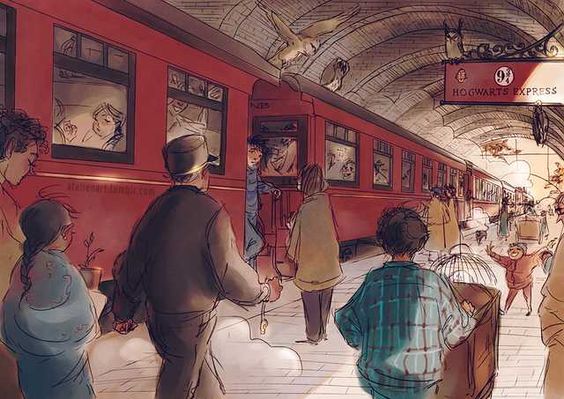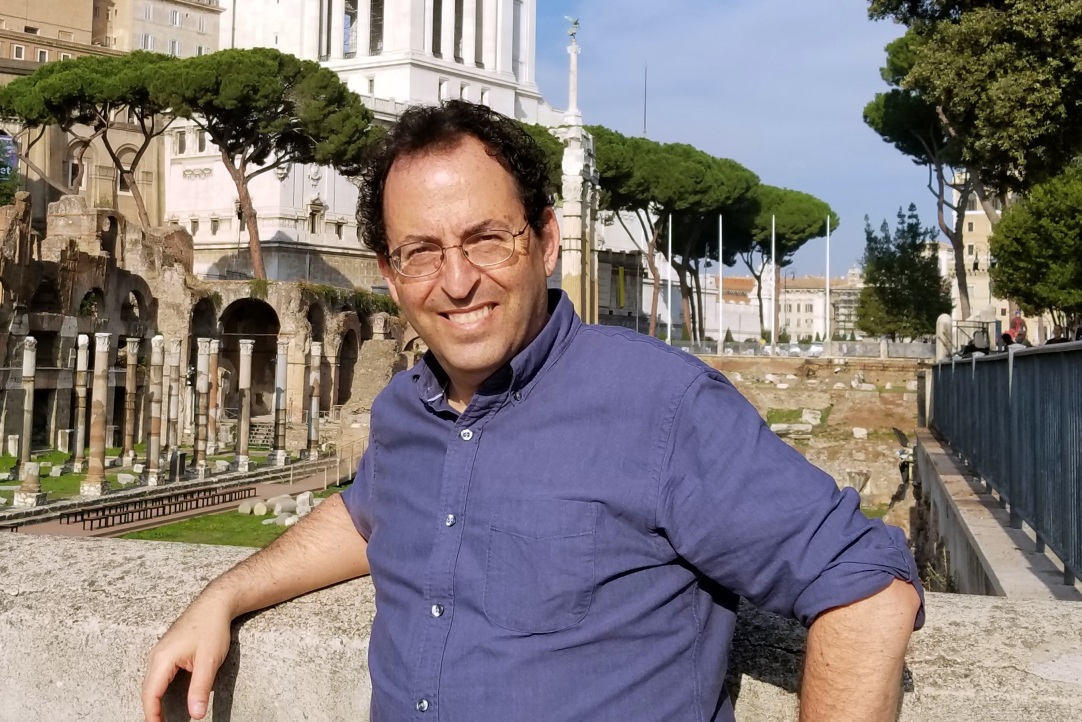Harry Potter becomes a scientist, 'Hermione has changed a lot over the summer', and the Bennet sisters from Pride and Prejudice are fighting against zombies. A game, an unwillingness to part with one’s favourite characters, an attempt to correct the author's 'mistakes' — all of this is fanfiction. Fan creations, on one hand, draw on cultural canons, and on the other hand, challenge them and offer an alternative vision. High art can no longer ignore fan practices — both as its own mirror reflections and as a space for new opportunities. A paper by HSE researcher Ksenia Romanenko helps us delve deeper into the culture of fanfiction and examine its relationship to the cultural canon.
.jpg)
.jpg)


.jpg)
.jpg)

.jpg)


.jpg)
.jpg)
